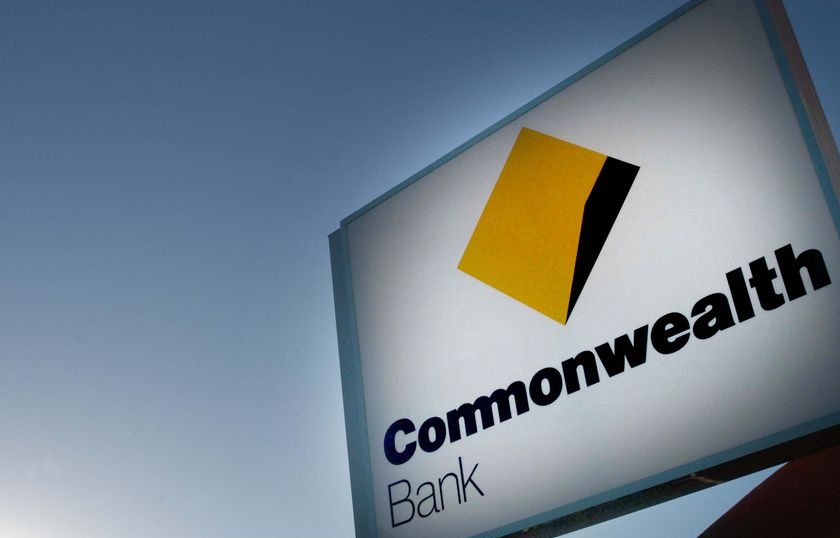Commonwealth Bank of Australia’s mistake
December 14, 2017 | Expert Insights

The Commonwealth Bank of Australia, the nation’s largest bank, has admitted to having made mistakes and not disclosing over 53,000 transactions that allegedly breached anti-money laundering laws.
Background
The Commonwealth Bank of Australia is the country’s largest bank. The multinational bank has businesses across New Zealand, Fiji, Asia, the United States and the United Kingdom. It is also the largest Australian listed company on the Australian Securities Exchange as of August 2015 with brands including Bankwest, Colonial First State Investments Limited, ASB Bank (New Zealand), Commonwealth Securities Limited and Commonwealth Insurance Limited. Commonwealth Bank is also the largest bank in the Southern Hemisphere. It was founded in 1911 by the Australian government, the Commonwealth Bank is one of the "big four" Australian banks, with National Australia Bank (NAB), ANZ and Westpac. The bank listed on the Australian Stock Exchange in 1991 and the government fully privatized it in 1996.
The bank has been embroiled in multiple scandals over the years. In 2016 it was revealed that some CBA staff were implicated in an alleged $76m Ponzi scheme fraud. There have also been reports of alleged systemic issues about the insurance division of CBA.
Analysis
In August 2017, the Australian Transaction Reports and Analysis Centre (Austrac), the financial intelligence agency, that it was suing the Commonwealth bank for 53,700 breaches of money laundering and counter-terrorism-financing laws. The breaches related to the bank's use of intelligent deposit machines (IDMs) between November 2012 and September 2015. The bank has claimed that a programming error allowed depositors to instantly credit cash deposits to their accounts, whilst failing to report amounts over $10,000 to AUSTRAC, and not enforcing any limits to the number of transactions.
An earlier statement in the court read, “On 20 July 2017, CommBank erroneously processed a transfer of $5,000 from CommBank Account 184 [the alleged terrorist funder] to an account held by Person 138 [his brother] in Lebanon in spite of suspecting terrorism financing in relation to an identical attempted transfer on 19 June 2017.”
In December 2017 it was revealed that the bank has been hit with another 100 allegations of breaches of anti-money laundering and counter-terrorism laws. It has also been accused of failing to quickly report two suspicious matters relating to the financing of terrorism. AUSTRAC has amended a statement of claim to the Federal Court to reflect the numbers. This brings the total number of alleged breaches by Australia's largest bank to more than 53,800.
The chief executive of Austrac, Nicole Rose, said the additional alleged contraventions were identified after civil penalty proceedings were first initiated in August. “These allegations are very serious and reflect systemic non-compliance over approximately six years,” Rose said.
The maximum penalty for each alleged contravention in the amended statement of claim is $21 million. The bank has now admitted that it was in fact late in reporting 53,000 suspicious transactions. However, it has claimed that it was due to systems error. It also stated that it had not adequately adhered to risk assessment requirements for automated deposit machines. In a bid to reduce the penalty fine, the bank appealed that its failures should not amount to separate contraventions of the law.
“During the period of the claim, CBA submitted more than 36,000 suspicious matter reports, including 140 in relation to the syndicates and individuals referred to in Austrac’s claim,” the bank has said. The bank’s shares have fallen 14 percent since the allegations were made public.
Assessment
Our assessment is that CBA’s mistakes and its oversight could result in serious consequences. It is likely that failure to report suspicious activity on time could hurt the nation’s security especially if terror elements are involved.








Comments